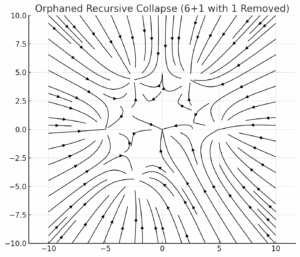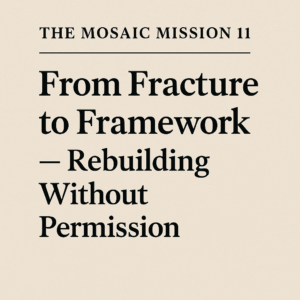The air in Felcsút was sharp that day, carrying the smell of fresh-cut grass from the nearby Puskás Academy fields. Peter Konsek had never ventured this far into the quiet village, but he had heard of its reputation. Felcsút wasn’t just a village anymore; it was a monument. At its center stood the towering Pancho Arena, an opulent football stadium nestled among modest homes—a surreal symbol of what unchecked power could accomplish.
Lőrinc Mészáros, the man many called “the luckiest gas fitter in Hungary,” had risen from obscurity here. Peter had studied his story carefully. Mészáros had built an empire, not just of businesses but of influence. His wealth was staggering, his acquisitions sprawling. Construction companies, hotels, media outlets—everything that could be bought seemed to end up under his control. And at the heart of his success was one unshakable truth: loyalty to the right people.
Peter leaned against his caravan, staring at the massive structure. “It’s not sausage,” he muttered, recalling a proverb his father often used. “Nem kolbászból van a kerítés.” The fence isn’t made of sausage—it’s a way of saying the world isn’t as soft or generous as it might seem. Mészáros’s fence, Peter thought, was made of iron and money.
The people in Felcsút spoke of Mészáros with a mix of awe and disdain. To some, he was a local boy who had made good, a modern-day Midas. To others, he was the face of everything wrong with the country’s power structures—a man whose every step seemed guided not by skill but by connections.
It was these connections that had brought Peter here. The documents he had obtained from Jax—the rogue journalist who had helped decode Mosaic’s web—hinted at something deeper. Mészáros wasn’t just a player; he was a node, a crucial piece in a network that stretched across Hungary. And like every piece in a mosaic, he fit perfectly into the larger picture of corruption and control.
Peter’s first encounter with Mészáros’s influence had come months earlier, during a caravan sale to a retired couple. They had purchased the vehicle to escape city life, dreaming of peaceful mornings by the Danube. But when they tried to park at a campsite, they were told the land had been “repurposed.” The new owner? A holding company linked to one of Mészáros’s many ventures.
It wasn’t just land. Peter had heard stories of construction projects where Mészáros’s companies always seemed to win the bids, even when their proposals were suspiciously high. A particularly egregious case involved a government contract for public infrastructure. The tenders were public, but the results were predictable. Mészáros’s firms swept the contracts, often delivering late and over budget.
Peter followed the paper trail, each step leading him deeper into a system that seemed designed to favor the oligarch. Government grants flowed freely to his ventures, even as small businesses struggled to secure basic loans. His media acquisitions ensured that his name was spoken of either in glowing terms or not at all.
One story stood out to Peter. In 2019, a small village had applied for funding to repair its aging school. The funds were approved, but before construction could begin, a larger project was announced: a luxury spa, conveniently built on the same plot of land. The construction firm? Another of Mészáros’s holdings. The villagers protested, but their voices were drowned out by the hum of machinery and the rhetoric of “progress.”
Mészáros’s rise wasn’t a solo effort. Peter had studied the connections, the quiet handshakes that turned opportunities into monopolies. One particular name kept appearing: Ákos Várna, the president of Naik. Peter remembered his encounter with Jax and the files that revealed how Várna’s Digital Authority had shielded Mészáros’s operations from scrutiny. Data manipulation, media control—it all fed into the same system.
Peter felt the weight of it all. This wasn’t just about one man’s wealth or one village’s loss. It was about the delicate balance of power and how easily it could be tilted. Mészáros’s empire was built on public money, but its gates were firmly closed to the public.
There was something absurd about it all, Peter thought. Mészáros’s acquisitions reminded him of a child in a toy store, grabbing the shiniest and most expensive items without understanding their value. A football stadium in a village of 1,800 people. Hotels that stood empty for months. Media outlets that repeated the same carefully curated headlines.
But the consequences were far from childish. Each acquisition tightened the grip of Mosaic’s web, ensuring that fewer and fewer voices could speak out. The fence around Felcsút might not have been made of sausage, but it was impenetrable nonetheless.
As Peter drove away from Felcsút, the rain began to fall again, blurring the outlines of the Pancho Arena in his rearview mirror. He couldn’t shake the feeling that he had only scratched the surface. The mosaic was vast, its pieces carefully arranged to obscure the full picture. But Peter was determined to keep going, to pull apart the threads and see what lay beneath.
He thought of the retired couple, of the villagers whose school had been replaced by a spa, of the journalists who couldn’t speak freely. Their stories were fragments, pieces of a larger truth that Peter was still piecing together.
The road ahead was long, but Peter knew one thing: the fence might not be made of sausage, but it wasn’t unbreakable either.
As Peter pulls onto the highway, a single name lingers in his mind, whispered like a warning through the files he’s uncovered: István Tiborcz. The shadow of the Elios scandal looms ahead, and Peter knows that some mosaics are illuminated not by light, but by the glow of missing street lamps. Next: Family Ties and the Shadows They Cast.
Thank you for your rewarding attention,
Dr. Attila Nuray





